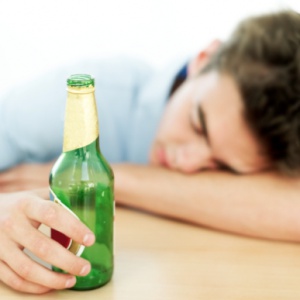 England is experiencing an epidemic of alcoholism. Despite England’s long history with alcohol, as the years pass, alcoholism in England is increasing in severity. It is no longer seen as a harmless cultural facet, but rather a silent killer. Alcoholism is one of the three most deadly lifestyle choices in England, as well as smoking and obesity. Diseases of the liver are responsible for mortality rates in England in ever increasing numbers. Death statistics are including younger and younger alcoholics, those who engage in binge drinking and those who have other bad alcohol abuse habits. In order to fight back against this epidemic, health boards and mental health organizations in England are planning to target alcohol problems using six different angles:
England is experiencing an epidemic of alcoholism. Despite England’s long history with alcohol, as the years pass, alcoholism in England is increasing in severity. It is no longer seen as a harmless cultural facet, but rather a silent killer. Alcoholism is one of the three most deadly lifestyle choices in England, as well as smoking and obesity. Diseases of the liver are responsible for mortality rates in England in ever increasing numbers. Death statistics are including younger and younger alcoholics, those who engage in binge drinking and those who have other bad alcohol abuse habits. In order to fight back against this epidemic, health boards and mental health organizations in England are planning to target alcohol problems using six different angles:
- Interventions with alcoholics are an important part of their recovery from alcoholism. Denial is the hallmark of alcoholism, causing alcoholics to avoid facing the truth about their condition. Interventions with a professional interventionist and loved ones serve to gently and lovingly help the alcoholic to admit to their condition and learn about treatment options.
- Rehabilitation and addiction treatment are very important to ending the condition of alcoholism, particularly for severe alcoholics. This may come in the form of counseling, outpatient addiction treatment or inpatient addiction treatment. These methods have proven very successful for a great many struggling alcoholics.
- The organization of local, grassroots support groups for alcoholics is very important to their ongoing success. This is not a professional level of treatment, but rather an ongoing, informal support system of other alcoholics who can share in their challenges and their glories in their battle for sobriety. This is a great follow up to professional treatment, or it can be a good alternative to professional treatment for those with less severe alcoholism.
- Taking counter measures against drunk driving is very important to safe driving. This can include campaigns to inform the public, harsher drunk driving laws and an increased police presence to enforce drunk driving laws. Drunk driving is a universal cause of mortality and should be eliminated at any cost.
- Tighter restrictions on the sales of alcohol help reduce alcoholism statistics by making it less available to consumers. This usually involves bringing more government regulation into alcohol sales.
- Price increases on alcohol have long proven effective in reducing its sales by eliminating some of the temptation to purchase it.